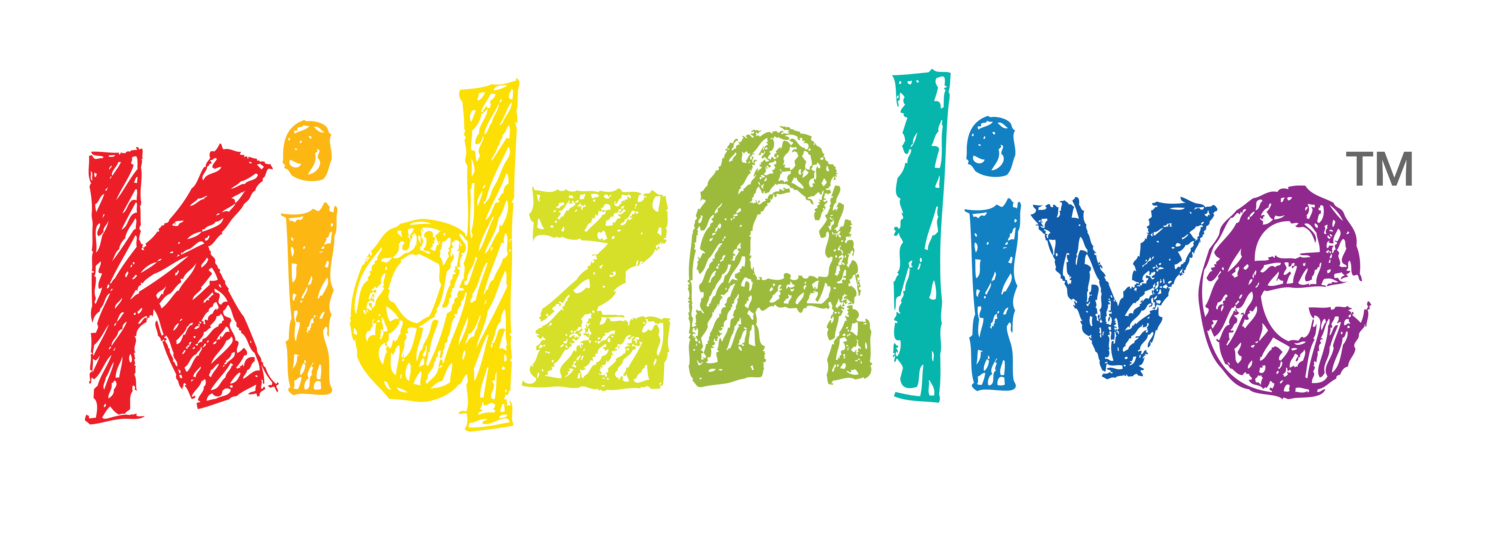Unlocking the Power of Case Management: Enhancing Care for HIV-Positive Children in South Africa
National Case Management Week 2023
South Africa has been grappling with one of the highest HIV prevalence rates in the world, making it imperative to develop effective strategies to support those affected, particularly children and adolescents living with HIV.
In response to this challenge, organisations like Zoë-Life have been implementing innovative projects like the KidzAlive@home Project in the Umlazi Township, eThekwini district of KwaZulu-Natal. This project, generously funded by Aidsfonds, implements a community-based differentiated model of care for HIV-positive children, with a focus on holistic case management.
In celebration of South African Case Management Week, let's delve into the transformative power of case management and how it is making a difference in the lives of children and adolescents living with HIV.
The KidzAlive@home Project
In the fight against HIV/AIDS, one size does not fit all, especially when it comes to paediatric care. Recognising this, the KidzAlive@home Project has embraced a comprehensive Case Management Framework consisting of six key steps to provide tailored support to children and adolescents living with HIV:
1. Community Mapping
At the outset, we embark on a critical journey of identifying key community locations for case-finding, pinpointing service providers, engaging stakeholders and establishing referral pathways. This meticulous mapping visually represents available resources, streamlining the process of connecting children and adolescents living with HIV with the vital support and services they require.
2. Assess
Assessment is the heart of our Child and Adolescent HIV Programme's Case Management Framework. It encompasses a comprehensive evaluation, reaching both known HIV-positive children and those yet unaware of their status. Through a combination of home visits, facility interactions and CBO services, we facilitate HIV Testing Services (HTS) for children, ensuring the timely revelation of their HIV status. For those identified as HIV-positive, we extend further assessments and support, addressing individual needs and requirements.
3. Enrol
Following a thorough assessment, we take the next step by enrolling the child into our program. This often involves additional home visits to gather essential information and establish a strong support connection between the child and their caregiver.
4. Serve
Our commitment to children and adolescents living with HIV translates into a spectrum of essential services, meticulously tailored to their unique needs. This encompasses treatment adherence support, home visits, active participation in CBO activities, inclusion in KidzAdherence Support Groups and, notably, specialized disclosure support. Facilitating the disclosure process ensures that children and adolescents living with HIV, when ready, receive the guidance and understanding required to navigate their condition confidently. Our aim is to empower HIV-positive children and adolescents to lead fulfilling lives while managing their HIV.
5. Monitor
Ongoing monitoring plays a pivotal role in our framework. Rigorous data collection allows us to track the progress and well-being of each child, enabling us to fine-tune interventions and enhance the quality of care and support provided.
6. Graduate or Exit
As children and adolescents living with HIV progress towards improved health and well-being, case managers collaborate with them to determine their readiness to graduate from the program or exit.
The Impact of Case Management
The implementation of this robust Case Management Framework within the KidzAlive@home Project, has brought forth numerous profound benefits for children and adolescents living with HIV:
1. Tailored Support
Case management crafts personalised care plans, addressing the unique needs and circumstances of each child, leaving no child without essential support.
2. Improved Health Outcomes
Regular monitoring and adjustment of care plans translate into improved health outcomes for children and adolescents living with HIV. They become more likely to adhere to treatment, adopt healthier lifestyles and be retained in care.
3. Empowerment
Case management empowers children and adolescents living with HIV, equipping them to take charge of their health and well-being. Graduates of the program are better equipped to independently manage their condition.
4. Community Engagement
Involving the community in the mapping process fosters a sense of ownership and participation among community members. This, in turn, reduces stigma and discrimination.
5. Efficiency
The structured case management approach ensures efficient resource utilisation, reaching those most in need.
The KidzAlive@home Project, is a beacon of hope for children and adolescents living with HIV in South Africa. Through a structured process encompassing community mapping, assessment, enrolment, service delivery, monitoring and graduation, children and adolescents living with HIV receive the comprehensive care and support they need.
This approach not only betters their health outcomes but also empowers them to lead healthier, more fulfilling lives while living with HIV. As we celebrate South African Case Management Week, let's acknowledge the invaluable contribution of case management in the battle against HIV/AIDS and reaffirm our commitment to its continued expansion and refinement. Together, we can illuminate a brighter future for all children and adolescents living with HIV in South Africa.
Find out more about KidzAdherence Support Groups




